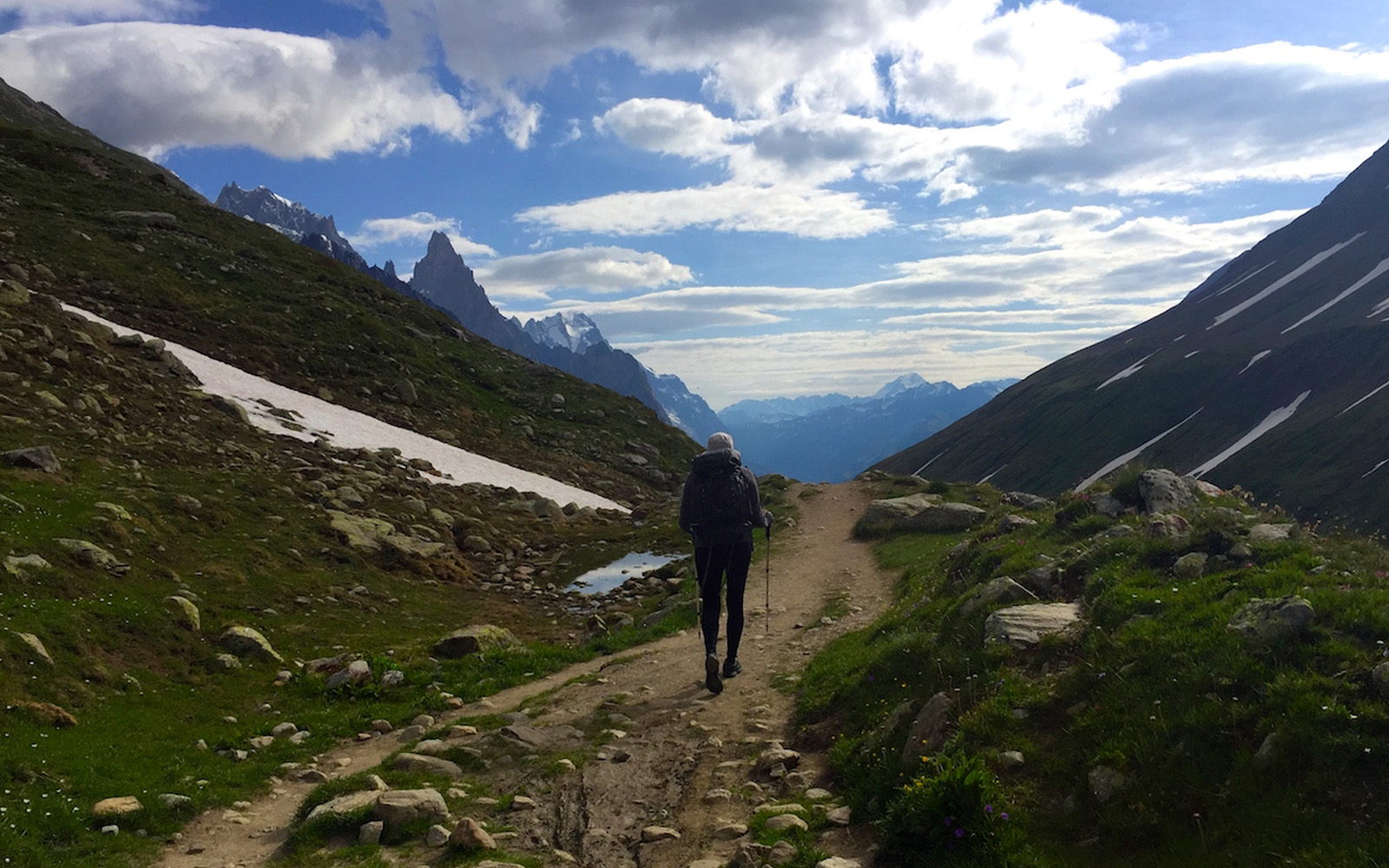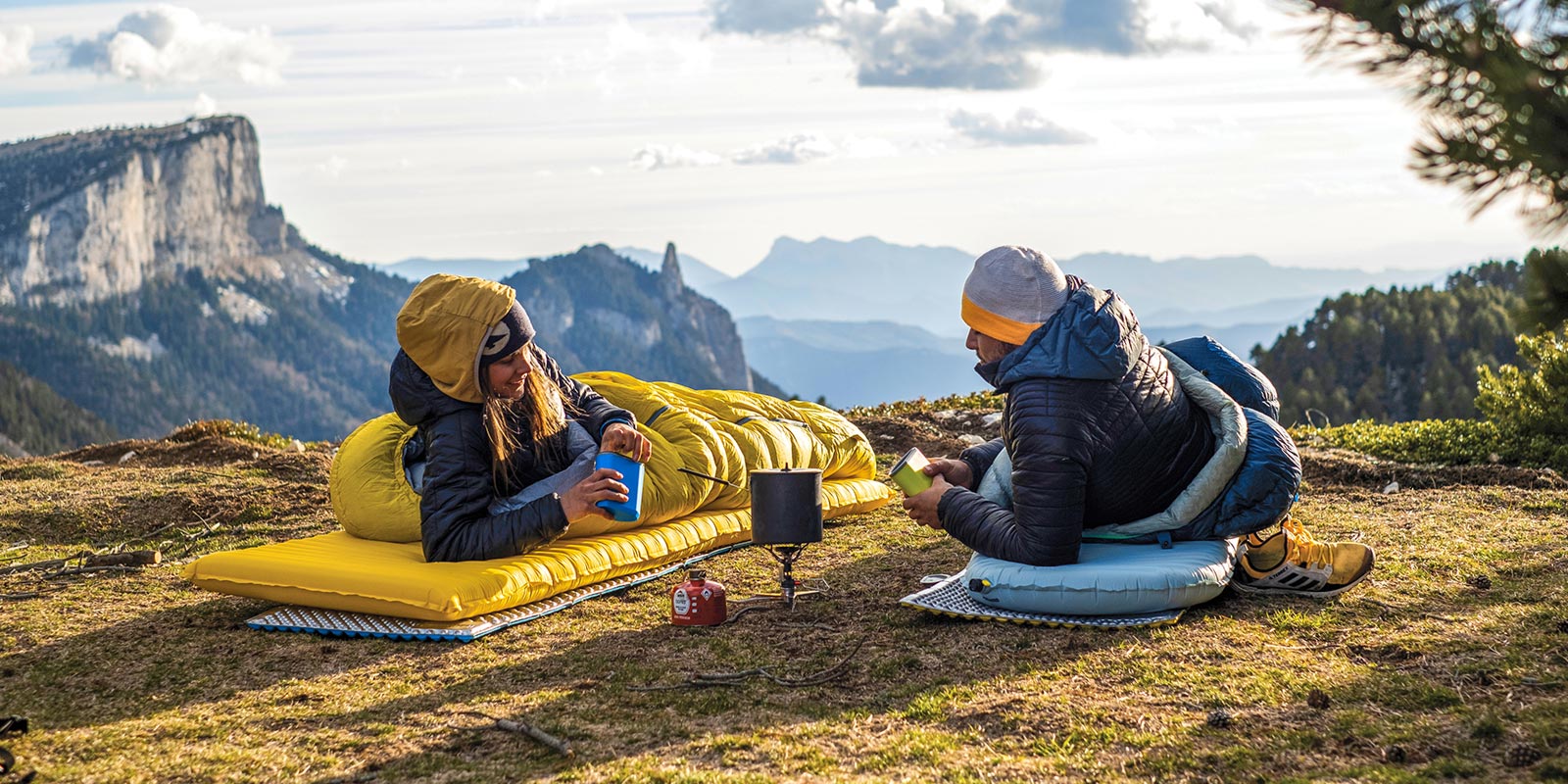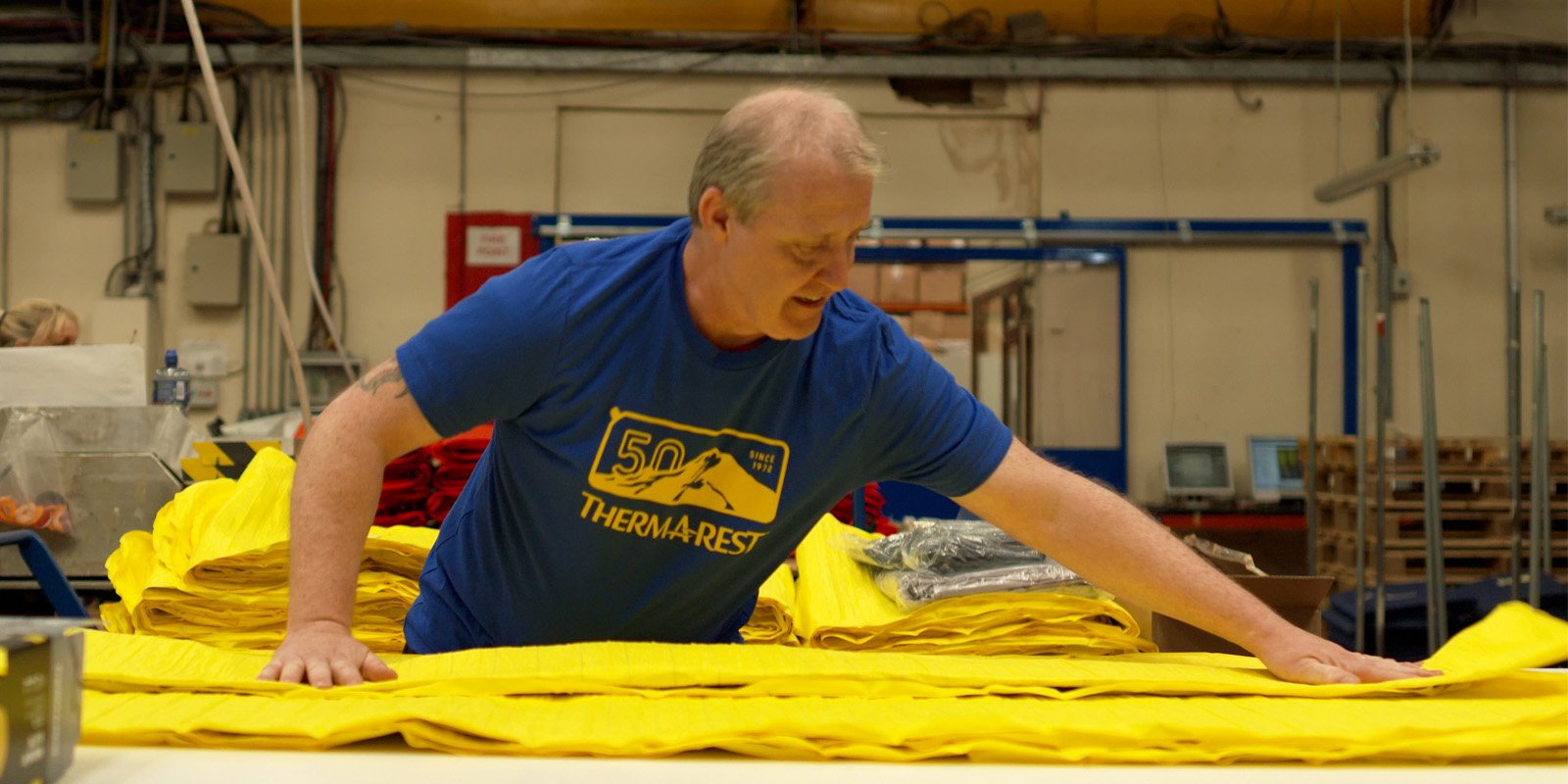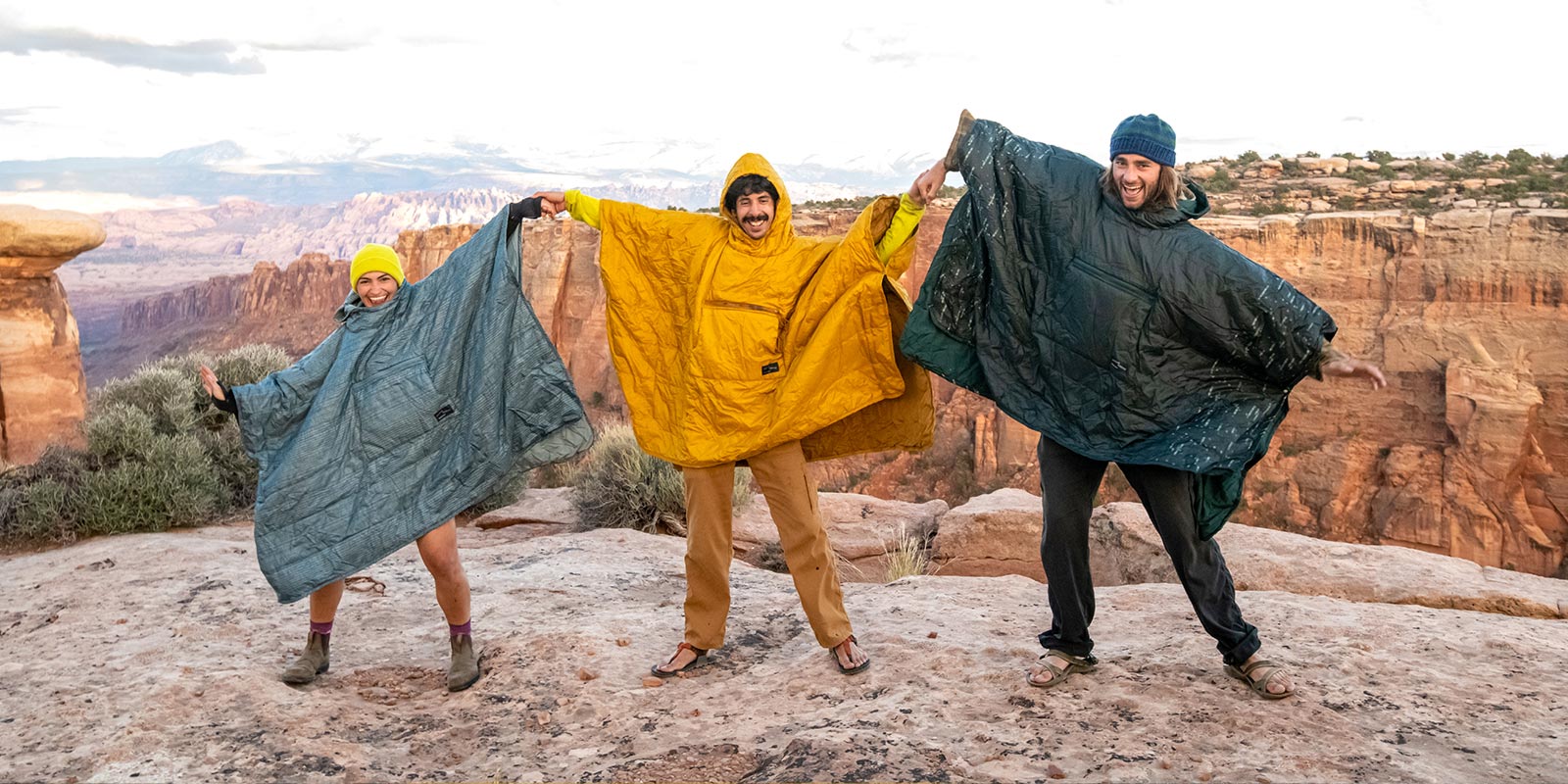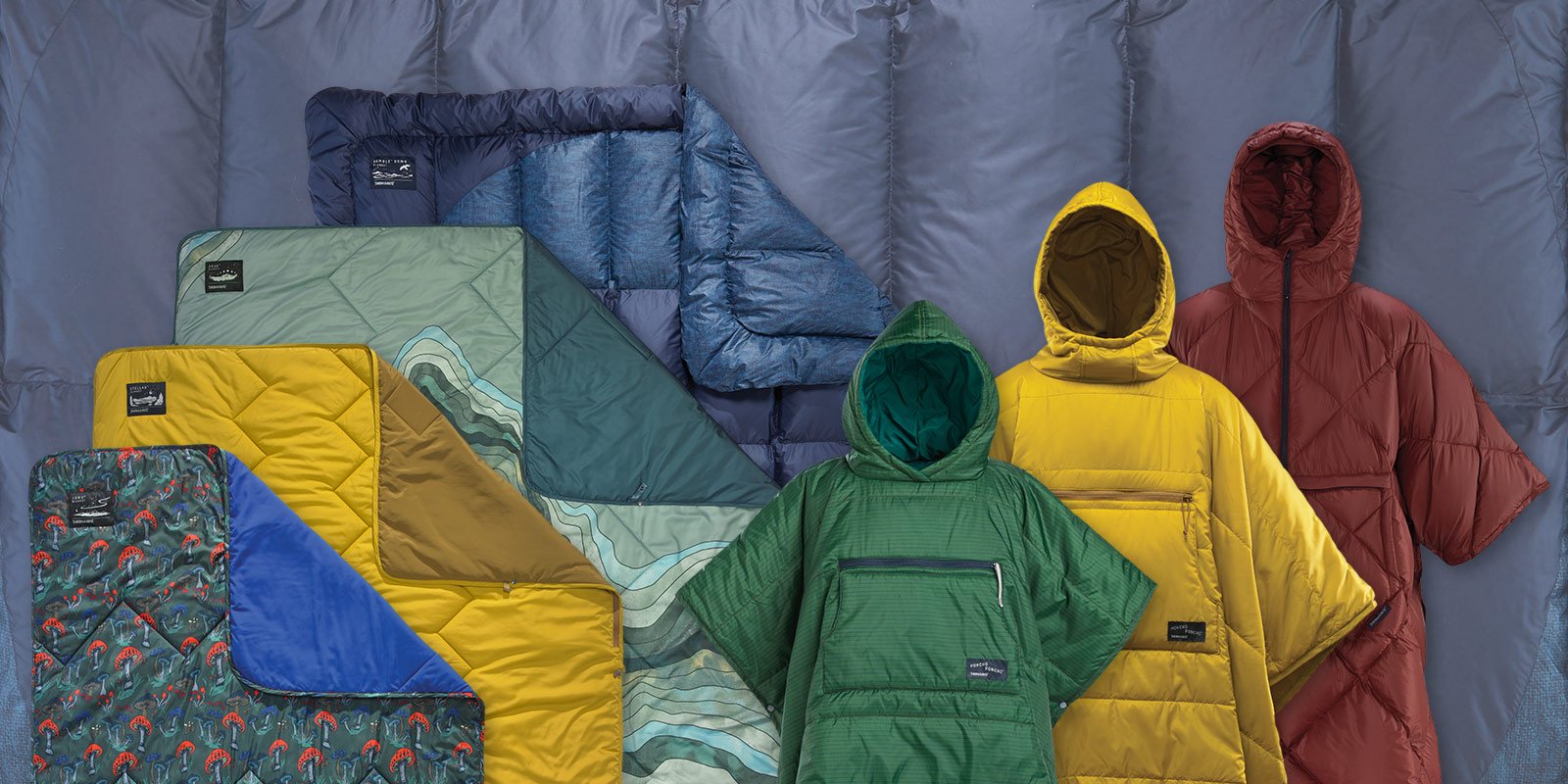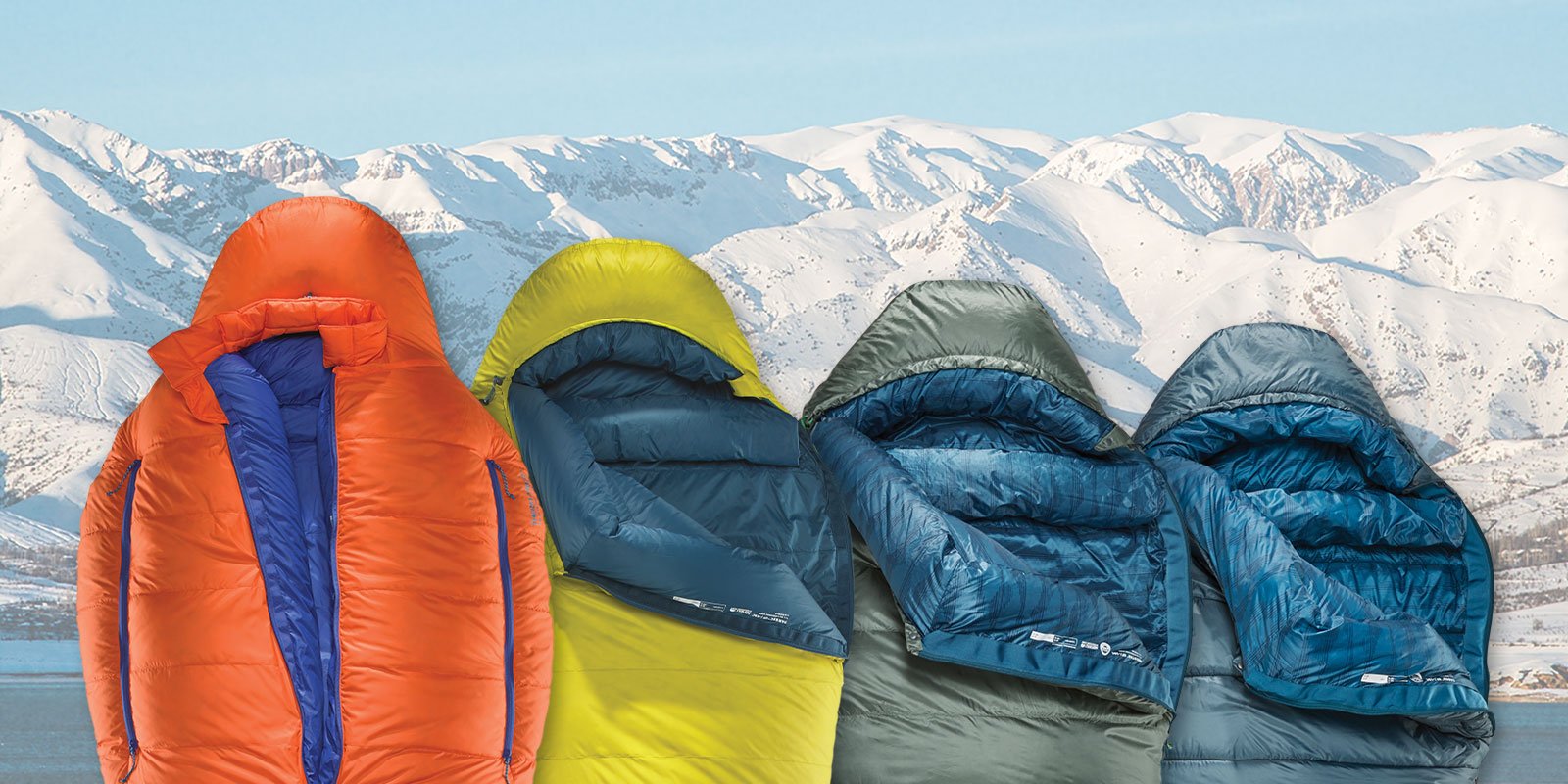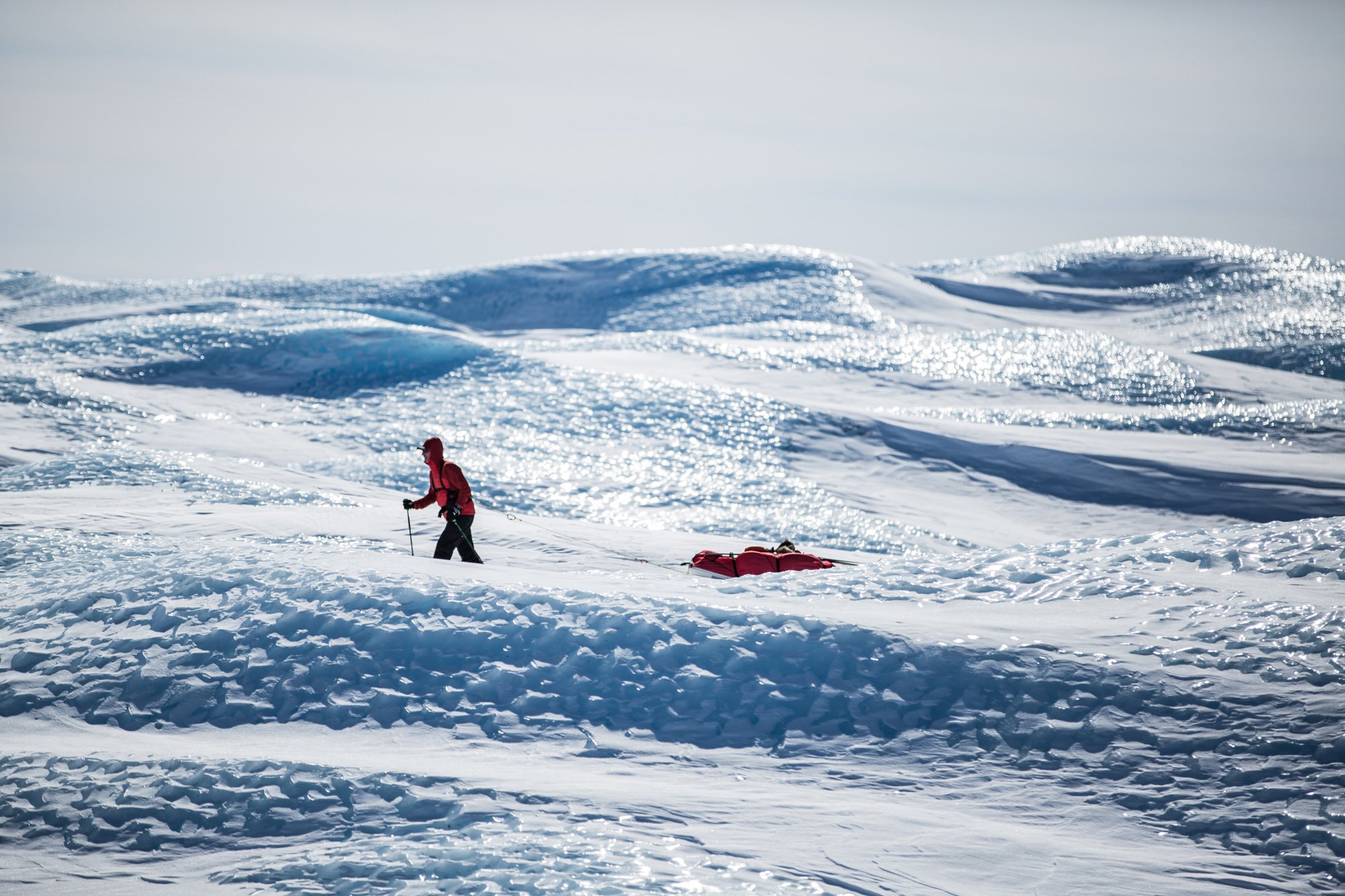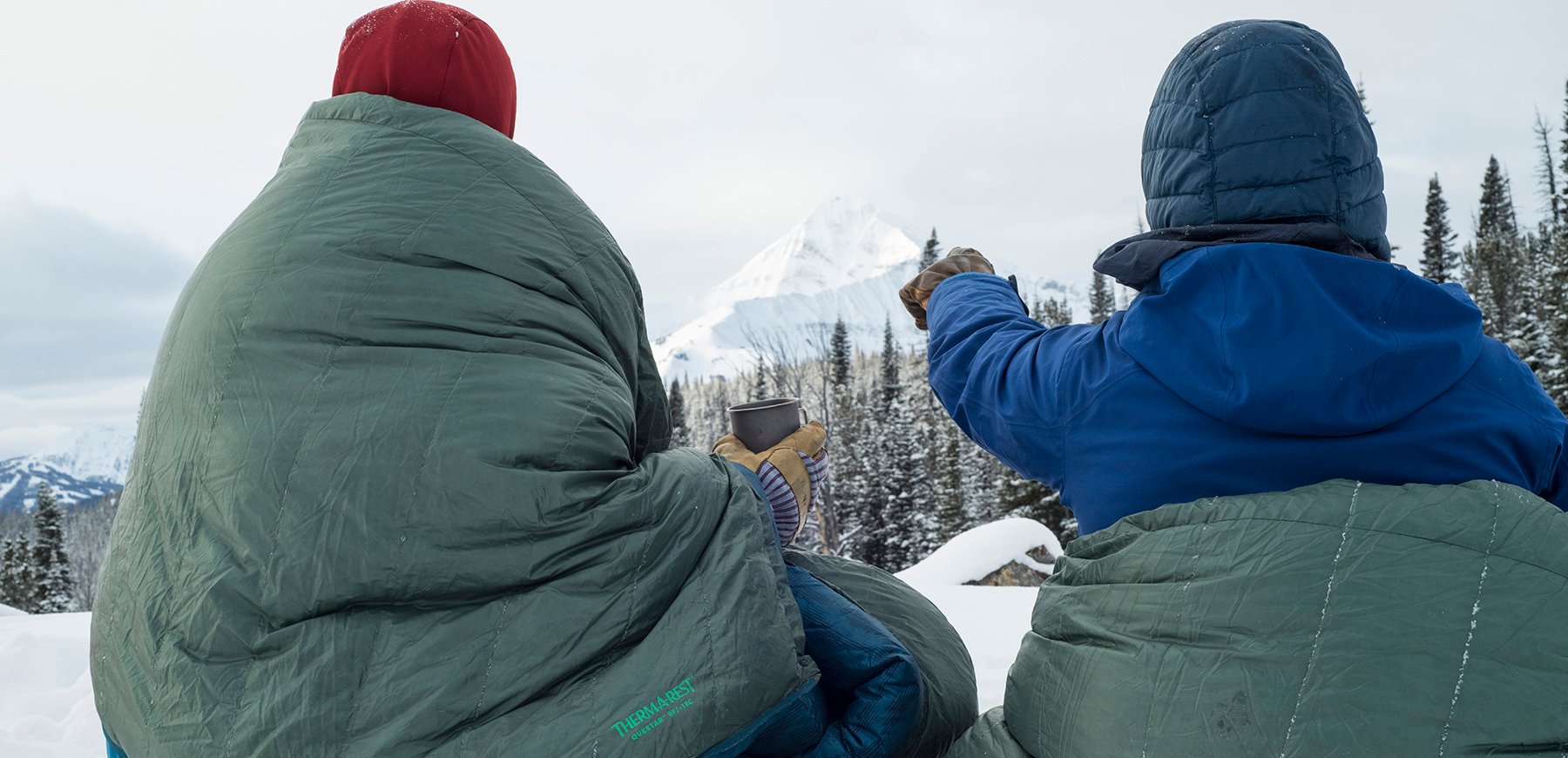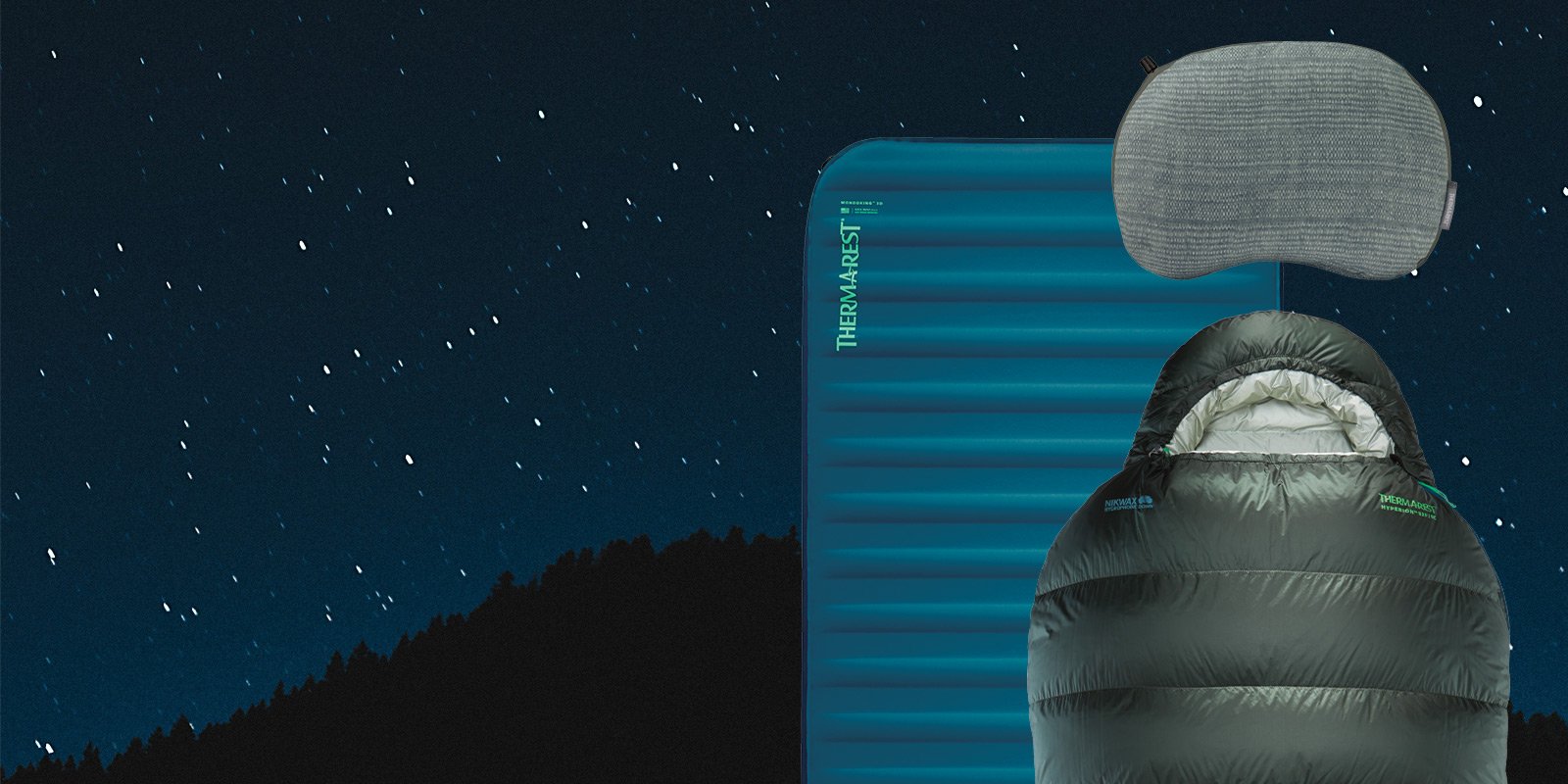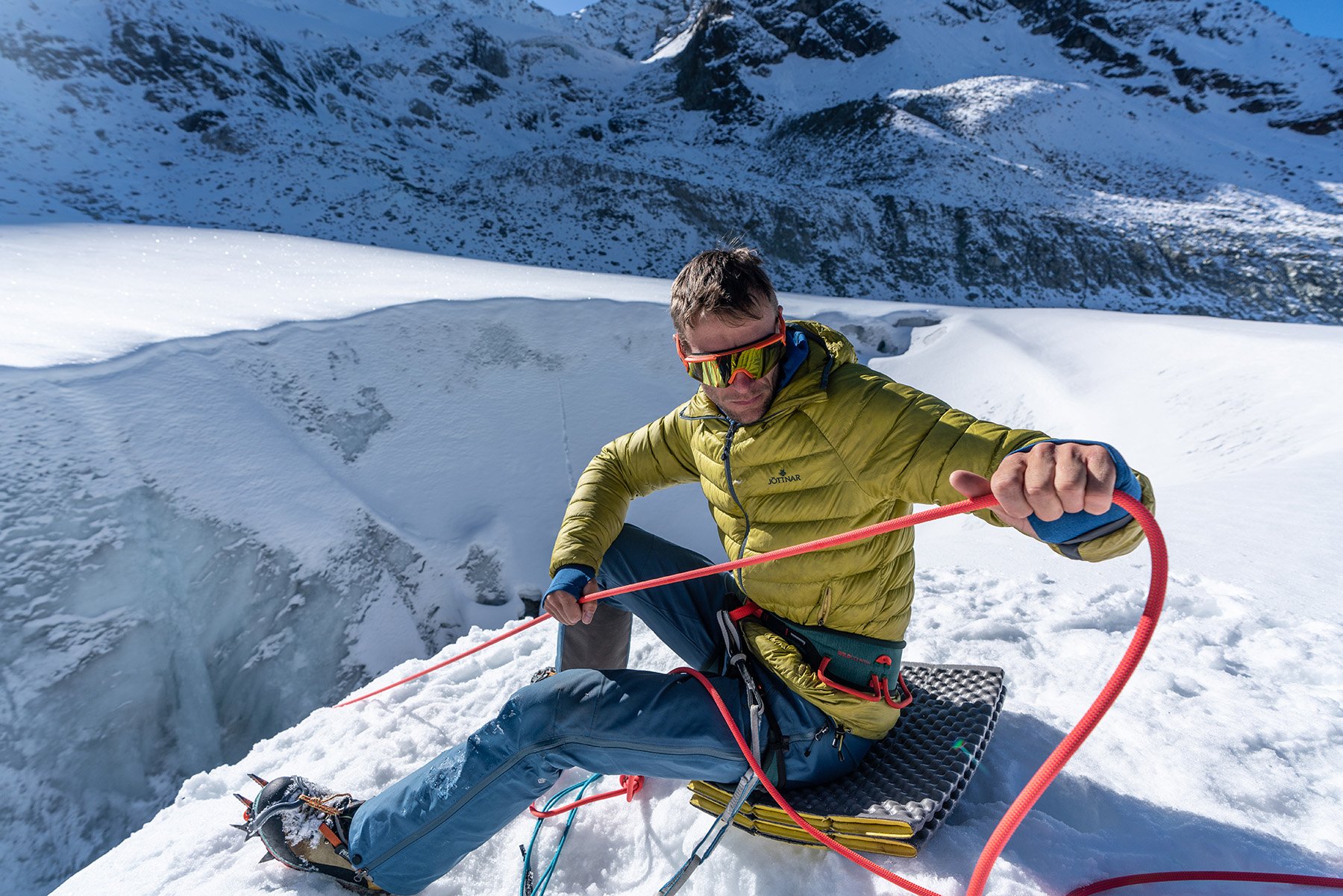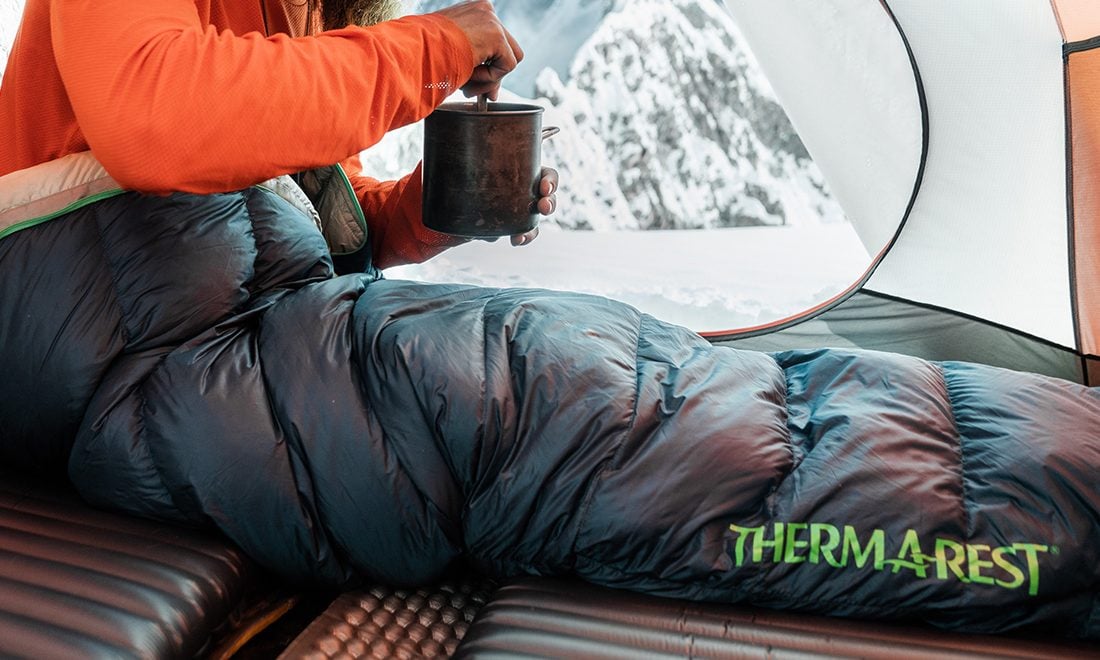There are plenty of rewards and drawbacks to venturing out into the backcountry alone. Besides the obvious safety hazards, you’ll need to be strong, smart, and self-sufficient to successfully complete an independent hiking or backpacking trip.
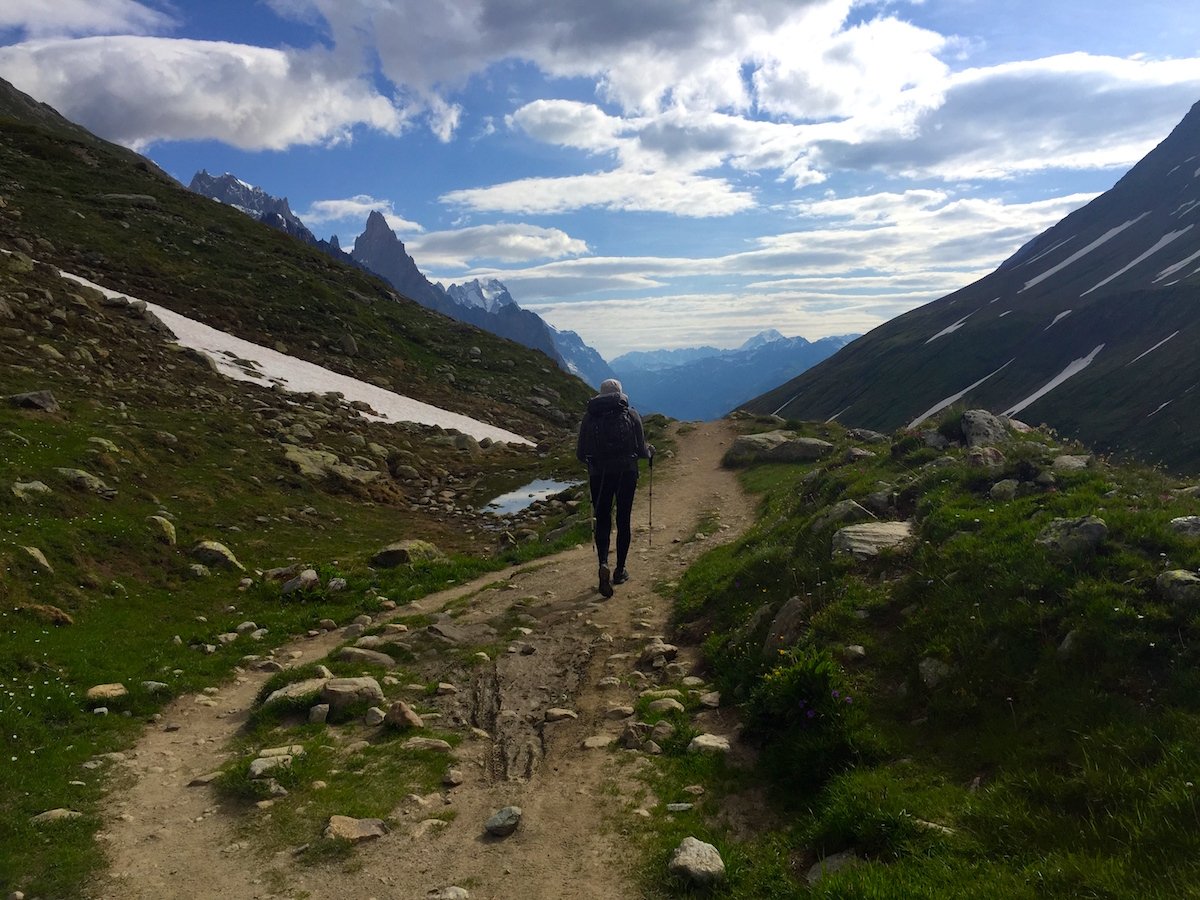
If you’re planning a solo adventure, check your ego before you go – and make sure to consider these pros and cons.
Learn more about yourself
People who travel alone and often will tell you that one of their main motivators is to get to know themselves on a deeper level. All of that alone time gives you the space to contemplate, understand, and reason differently than you’d be able to do in a crowd.
Open your perspective
When you travel with others, regardless of whether they’re friends or strangers, you’ll be introduced to new perspectives. Without that companionship, you might not get to see something in a light you’d never considered before.
Gain confidence
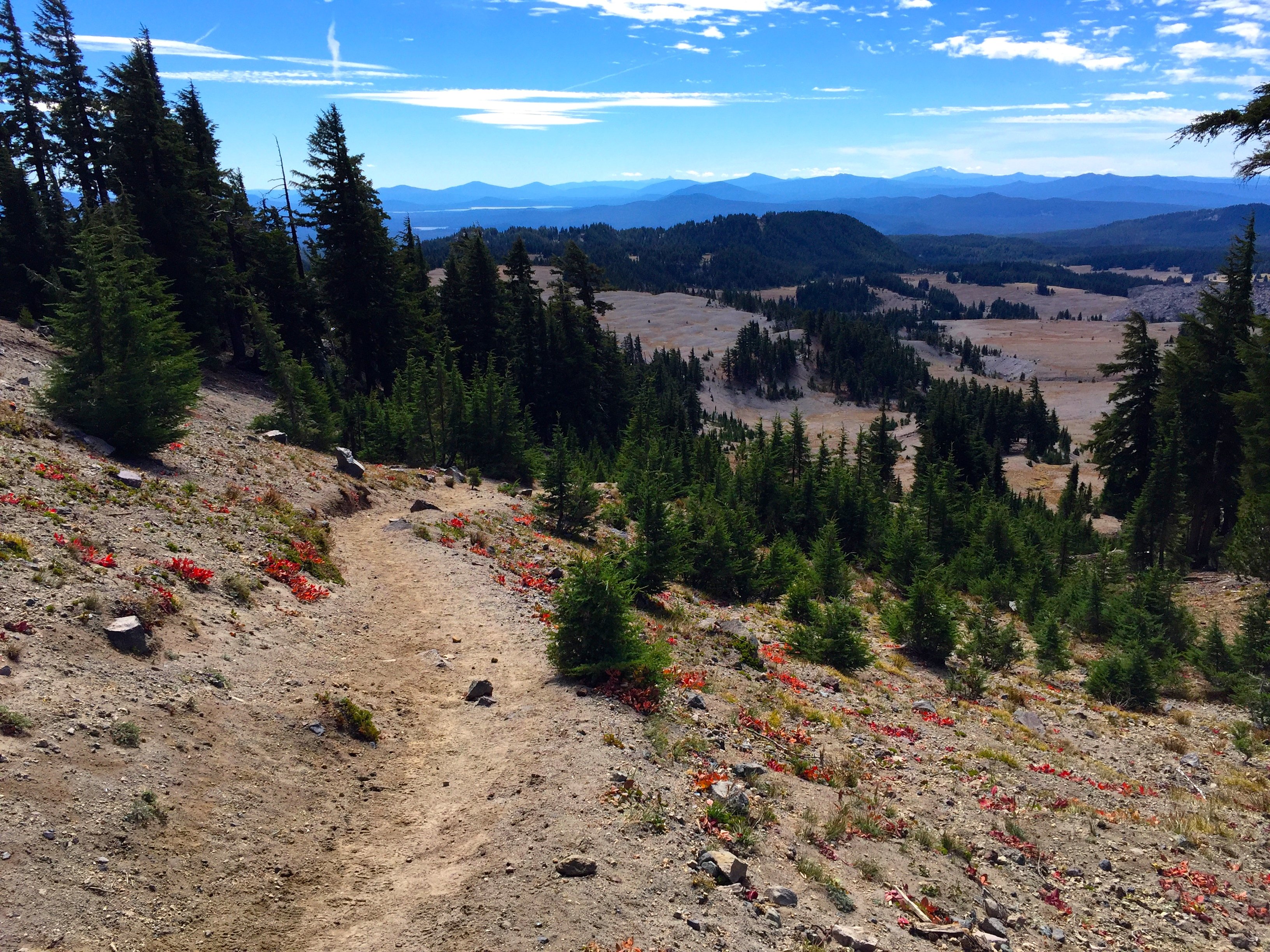
Hone your backpacking, outdoor sport, or wilderness safety skills through uninterrupted practice. Being on your own means more time to focus on what you want to learn, and will in turn give you more confidence and self-reliance for the next time around.
Master a new skill
What’s even more effective than practicing a skill on your own? Teaching it to someone else. Whatever the technique, people learn best through teaching – even when they’re no expert.
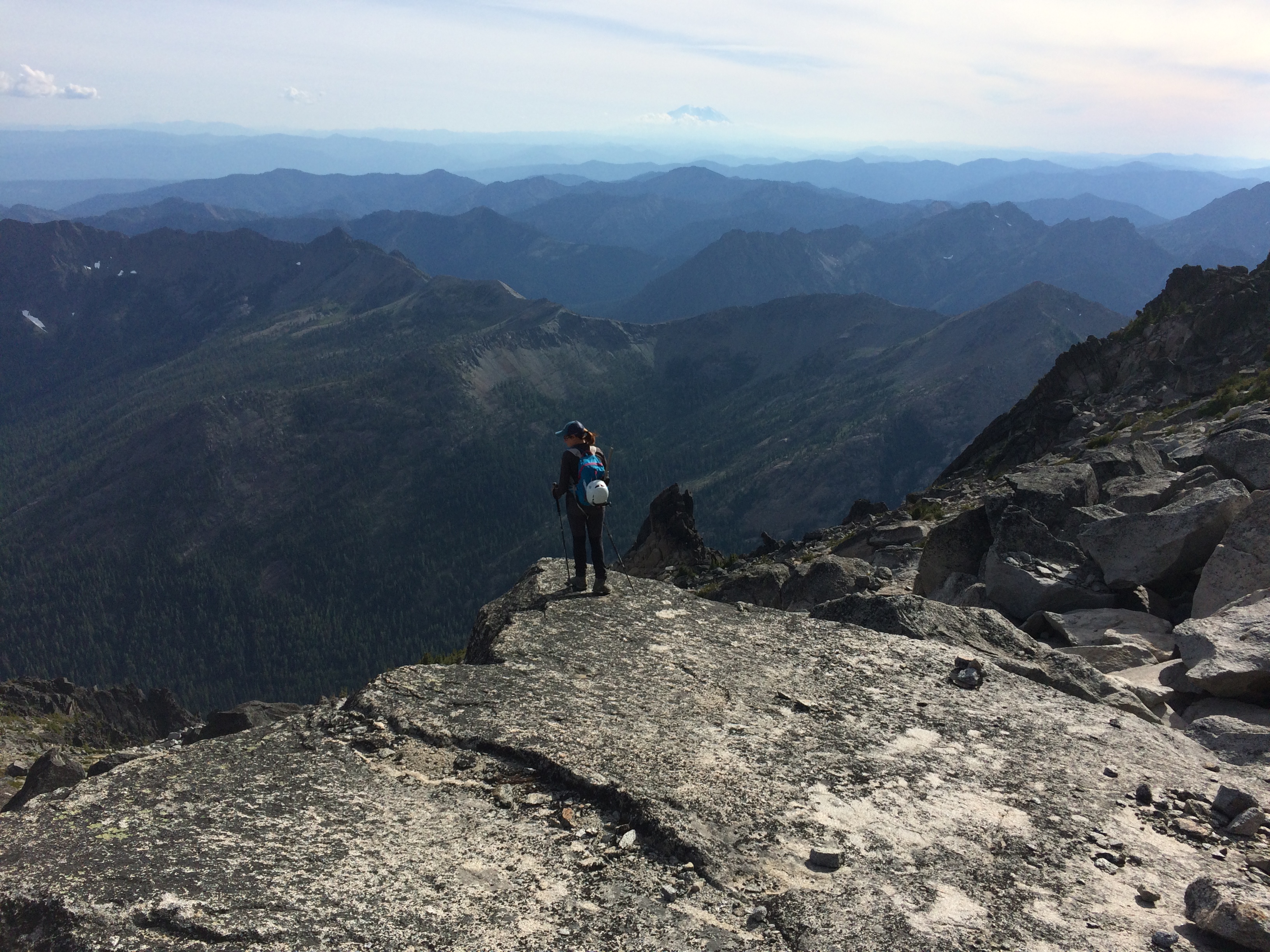
Besides, having company means you’ll probably learn something new from them too. You never know which of your friends is the best at catching a fish, starting a fire, or cooking up a mean campfire recipe until you invite them out and see for yourself.
Experiencing something new
People travel in order to learn, to grow, and to introduce themselves to brand new places and experiences outside of their comfort zones. Adventuring turns the unfamiliar into the familiar, it makes us flexible and it opens our perspective. And of course, a new experience can hold extra significance when you undergo it alone.
Sharing a memory
The biggest drawback to collecting new memories alone is that they can sound truly unbelievable, or only hold significance to the storyteller. Imagine telling your friends and family about the most beautiful sunrise you’d ever seen; the words just wouldn’t do the moment justice. The memory may still be important and special to you, but you’ll never be able to share it the way you would if someone had been standing beside you.
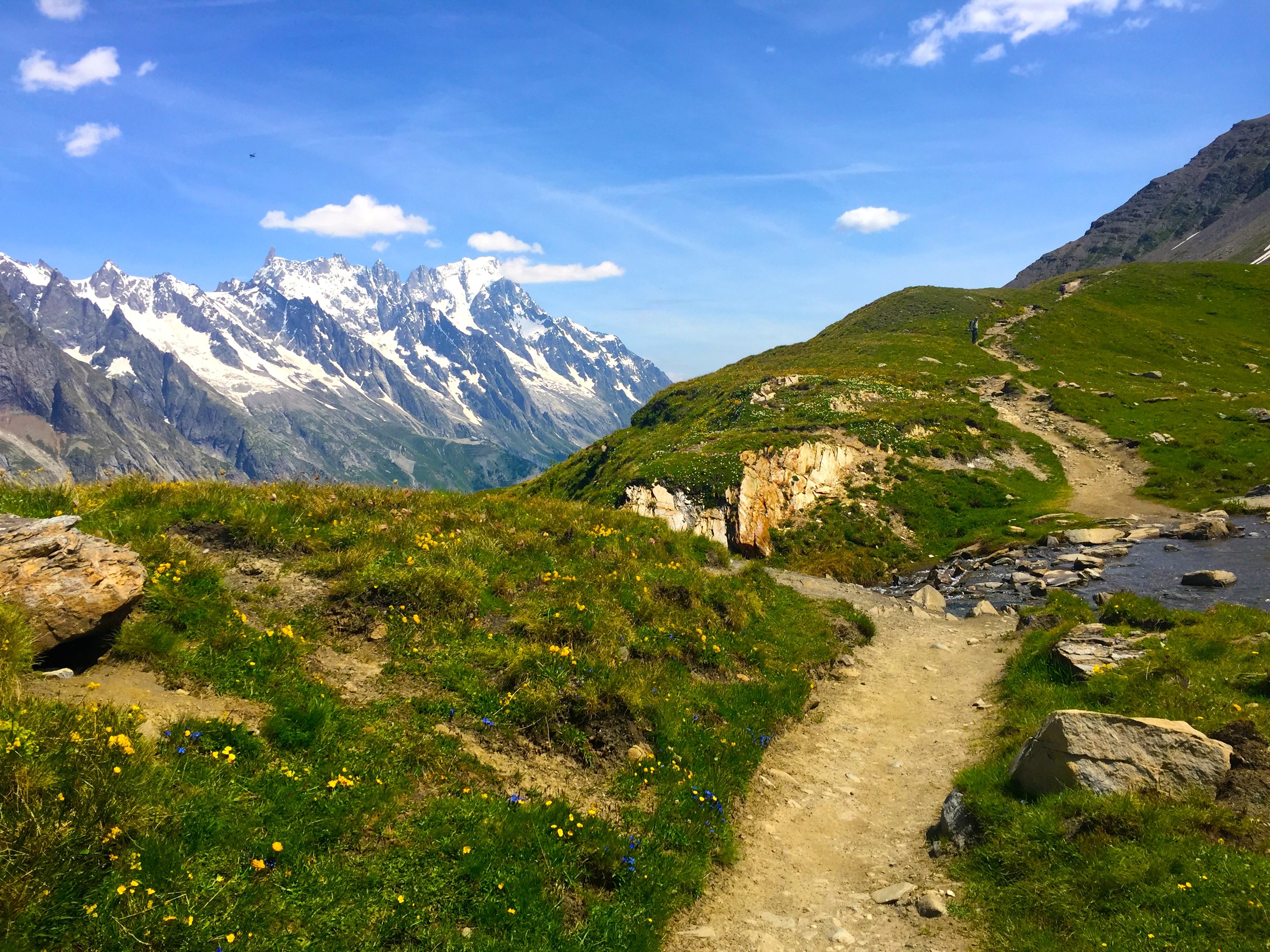
Feel the freedom
Extended alone time, especially when coupled with intense physical activities, can be incredibly cathartic and freeing. Whatever your problems are at home, hitting the trail lets you pound out your worries step by step, mile after mile.
Solitude is known to be especially self-healing and is sometimes prescribed by behavioral therapists or physicians. A solid outdoor adventure may be (literally) just what the doctor ordered.
Fight loneliness
Humans are social creatures by nature. Whether or not we realize it, we seek companionship in both obvious and subtle ways. Extended time in solitude can leave you thinking in circles, focusing on dread, stress, and negative thoughts that will poison your adventure. It doesn’t matter whether you’re outgoing or withdrawn; solo outings breed some form of loneliness.
Act autonomously
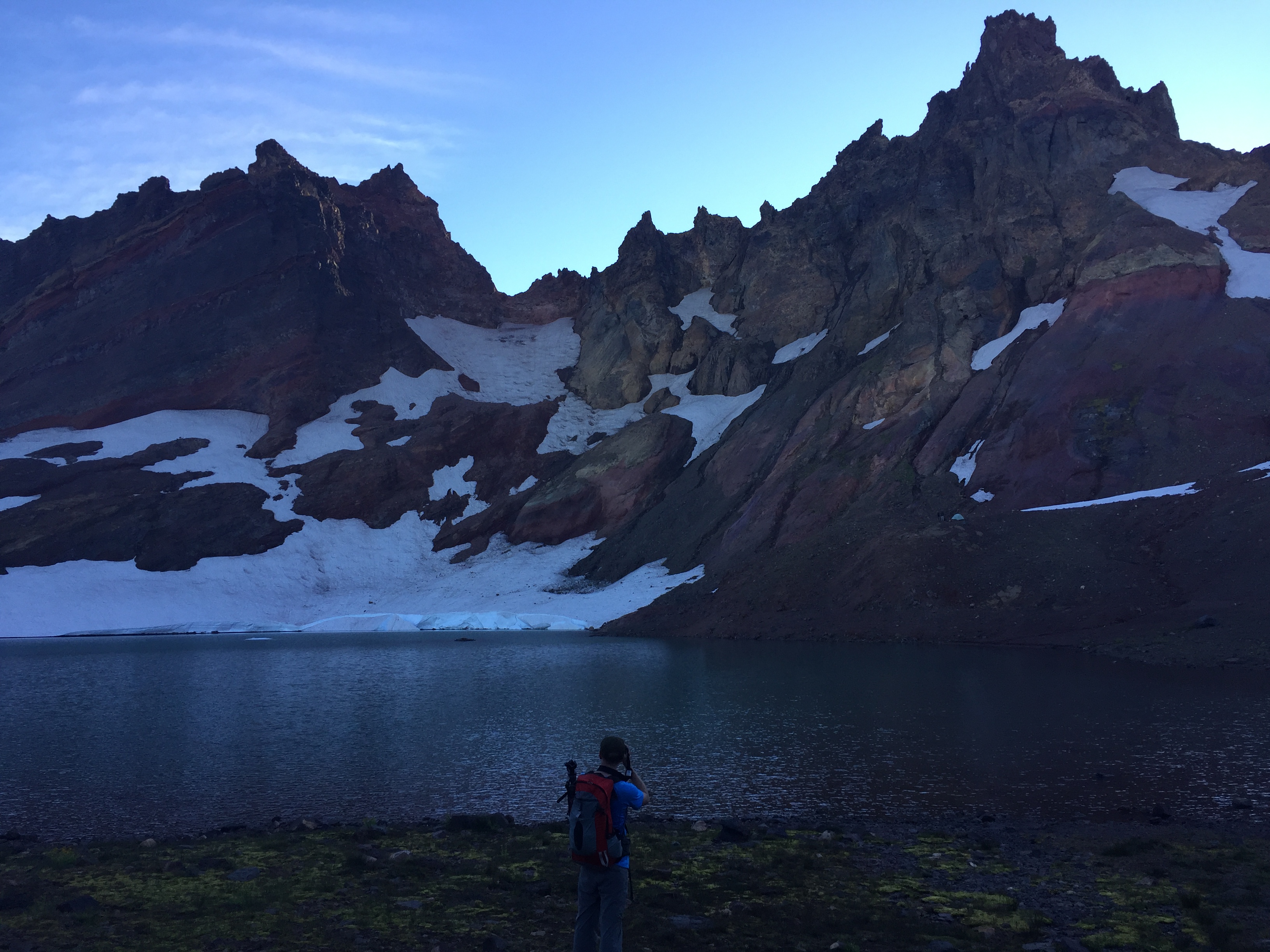
Setting out alone means that you are on your own schedule, your own pace, and your own preferences. You can pack your favorite food, travel as lightly or as luxuriously as you’d like without judgment from partners. You can change course or skip stops and be at your own liberty to be as flexible and freeing as you please.
Remember your responsibility
Adventuring alone means that you are solely responsible for yourself. You’ll need to plan for injuries, weather, navigational issues, and other cases of emergency. Whatever situation you wouldn’t expect is the situation you need to be prepared for.
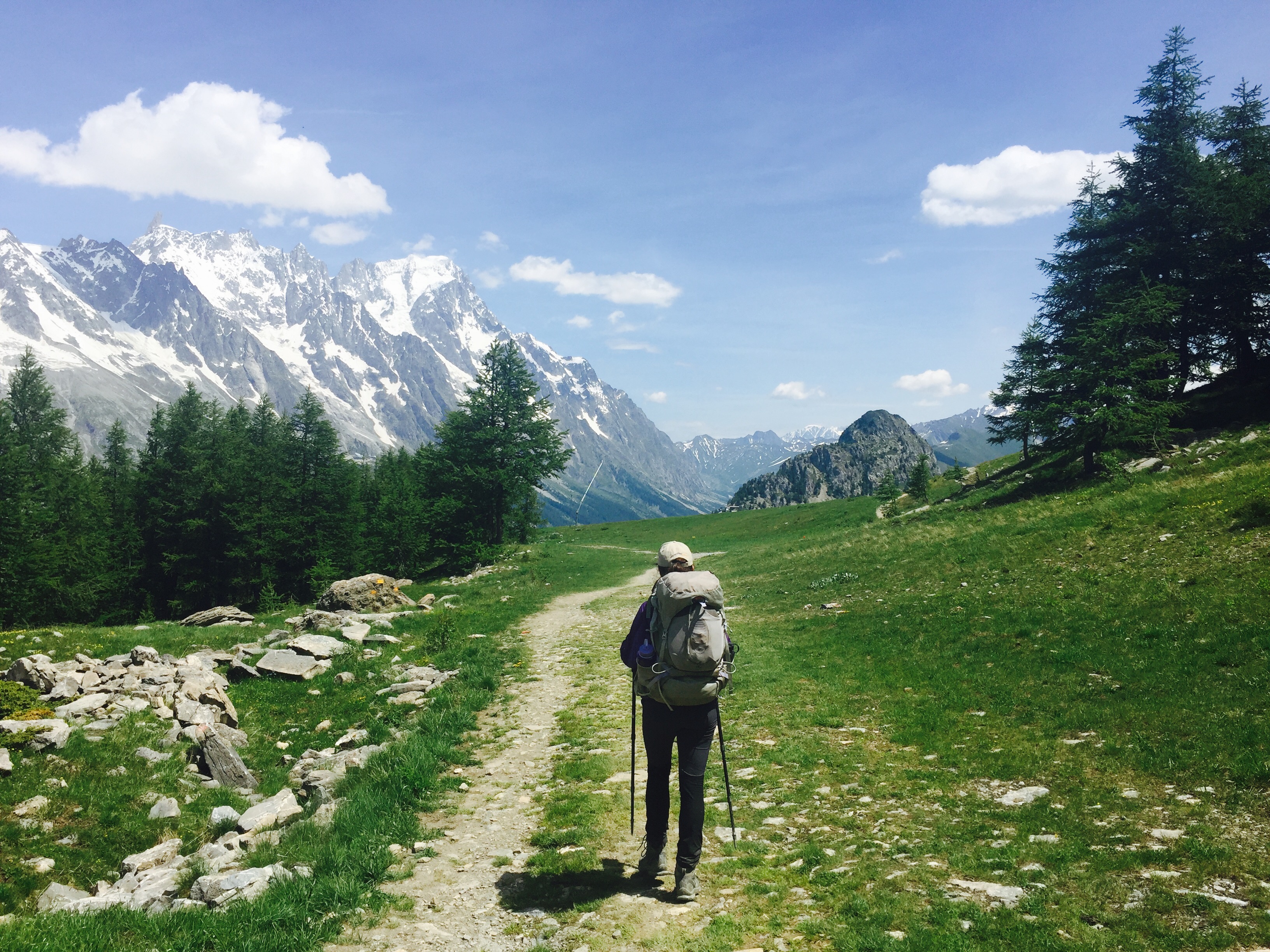
This is where a second opinion could come in hand, another set of eyes to see objective hazards. There’s no doubt that personal safety is the number one drawback to exploring the backcountry alone, but if planned right, you can minimize your risks.
